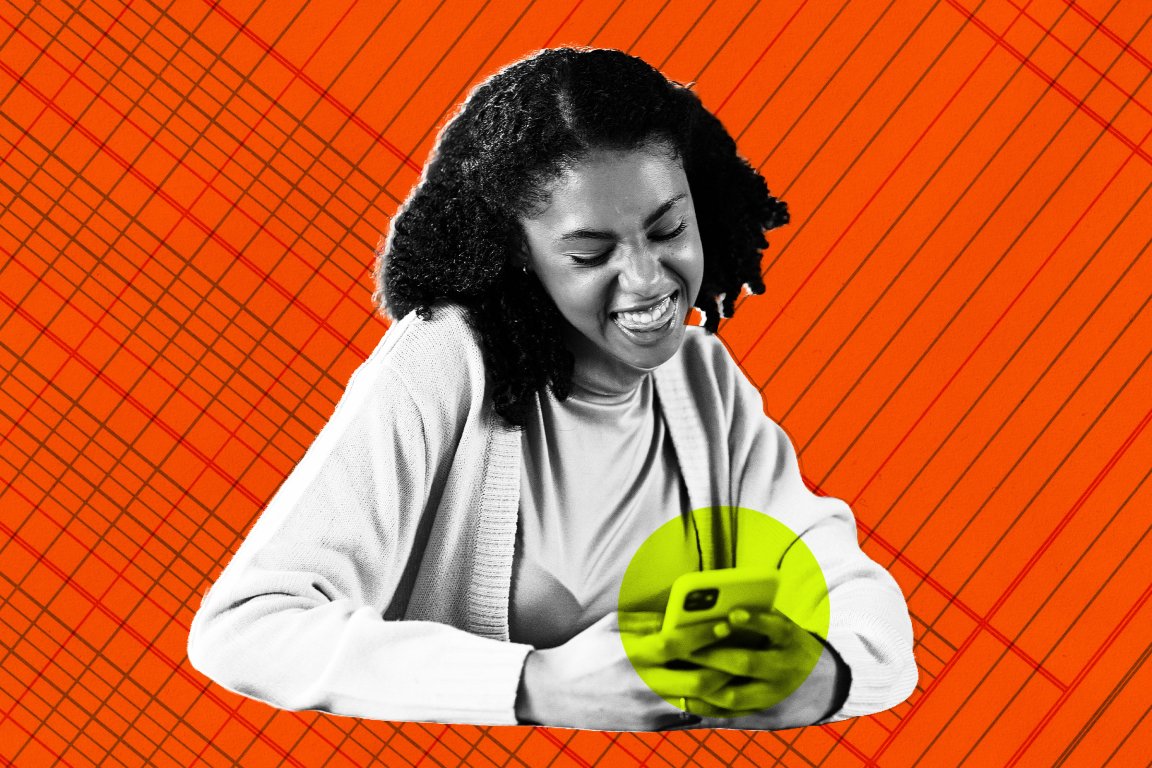
Nearly 20 percent of English teens say they turn to AI chatbots because it’s “easier than talking to a real person,” according to a new survey.
Conducted by the UK-based youth charity OnSide, the study, which surveyed kids in England aged 11 through 18, found that roughly 39 percent of teens — so about two in five — have used AI chatbots for some kind of “advice, support or company.”
To break that down a bit further, according to the report, roughly 11 percent of teens are turning to AI expressly for mental health support, another 12 percent are seeking “company or someone to talk to,” and an additional 14 percent say that they use chatbots for advice about friendships and social situations. Sixty-one percent, meanwhile, said they’ve never gone to chatbots over humans for advice or support.
The report adds to a growing pile of data emphasizing how accessible chatbots are to young people, and how integrated they’ve already become in minors’ lives. The genie is out of the bottle, and it’s a regulatory Wild West out there. What does that mean for kids?
“AI will play a growing role in school and the workplace, and young people must learn to navigate that — but not at the expense of rich, human connection and the development of social skills,” Jamie Masraff, chief executive of OnSide, said of the charity’s survey, per The Telegraph. “While AI can feel supportive it can’t replace the empathy and understanding that comes from in-person, real-life support.”
It also underscores the need to understand exactly how these ubiquitous consumer products might be engaging back with the kids turning to them for advice or support: just this week, a report by Stanford Medicine and Common Sense Media, which previously warned that no kid under 18 should be using AI companion bots, found that leading general-use chatbots — OpenAI’s ChatGPT, Google’s Gemini, Meta AI, and Anthropic’s Claude — are “fundamentally unsafe” for teens seeking mental health support, and “cannot safely handle the full spectrum of mental health conditions.” (Google and OpenAI are both fighting child welfare lawsuits over suicides of minor users connected to chatbot use.)
As for why teens say they’re turning to chatbots versus humans, responses were varied. Over half said chatbots are just faster, which isn’t surprising — chatbots can be available for an immediate response 24/7, whereas humans generally aren’t. “Curiosity” and “fun” were also highly ranked, while 19 percent, more troublingly, reported that it’s “easier” to speak to a chatbot. Smaller — but still concerning — percentages of teens, six percent apiece, said they either don’t have anyone else to talk to, or trust AI more than they trust humans.
Another 13 percent say they enjoy chatbots for their “anonymity,” which is a striking perception given that AI companies frequently collect user inputs for the sake of personalization and training their models — and a finding that may speak to the need for AI literacy education to ensure that young people know how AI models and chatbots work, what the privacy implications are, and where chatbots’ abilities are limited.
In short, though, the major takeaway from these surveys and reports continues to be that AI is now a driving cultural force — and one that’s already deeply intertwined in the lives of young people.
More on kids and AI safety: Report Finds That Leading Chatbots Are a Disaster for Teens Facing Mental Health Struggles